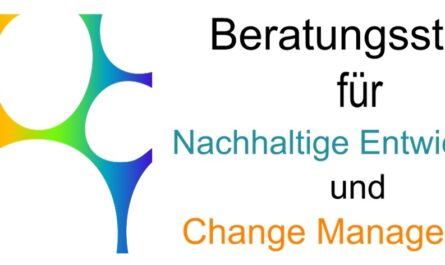In the context of the increasing prominence of decisions based on big data, companies are perpetually looking for the best approaches to effectively utilize their data resources truly. Introduce the idea of Unified Data Fabric (UDF), a new and exciting proposition that provides a unified view of data and the surrounding ecosystem. In this blog, we will uncover what UDF is, its advantages and thinking why it is set out to transform the way companies work with data.
What is Unified Data Fabric?
A Unified Data Fabric or Datalayer can be described as a highest form of data topology where different types of data are consolidated. It is an abstract view of the data accessible across all environments – on-premises, in the Cloud, on the Edge. Therefore, organizations are able to better leverage data and not micromanage the issues of integration and compatibility by abstracting over the underlying complexity through UDF.
The Need for UDF in Modern Enterprises
Today, elite business organizations are more involved in managing massive data from multiple fronts ranging from social media platforms to IoT, transactions, and others. Recent data management architectures have had difficulties in capturing and managing such data in terms of volume, variety, and velocity. Here’s where UDF steps in:
Seamless Integration: UDF complements the original set up by removing the barriers that create organizational and structural data separation.
Scalability: This makes it easy for UDF to expand with data as organizations carry out their activities without performance hitches.
Agility: It also enables an organization reposition itself rapidly when it comes to the data environment of an organization, hence it becomes easier to integrate new data sources or other analytical tools.
Unified Data Fabric for Seamless Data Access and Management
In the context of algorithmization of management and analytics-based decision making, more often than not, companies and enterprises are in a constant search for ways to maximize the value of their data. Introduce the idea of a Unified Data Fabric (UDF) – a relatively new idea that could help in achieving consistent and integrated data processing across various platforms. Let’s dive a bit deeper on understanding what is UDF, what it can bring to businesses, and why it will redefine data processing.
UDF is likely to be more significant as organizations proceed with the integration of advanced technology. The usefulness of being able to present and manipulate data as easily as possible will be a major force behind getting data back into dynamic uses whereby businesses can adapt to change and remain competitive in the market.
To Know More, Read Full Article @ https://ai-techpark.com/unified-data-fabric-for-data-access-and-management/
Related Articles –
AI in Drug Discovery and Material Science
Top Five Best AI Coding Assistant Tools
Trending Category – Mental Health Diagnostics/Meditation Apps







